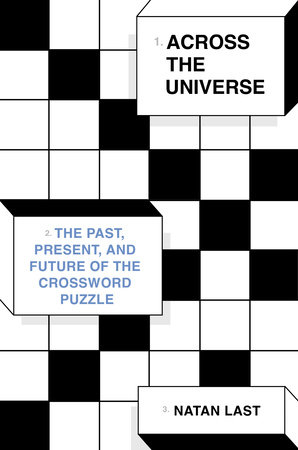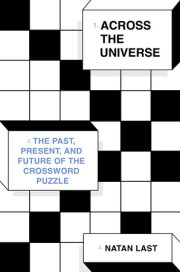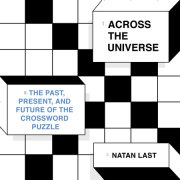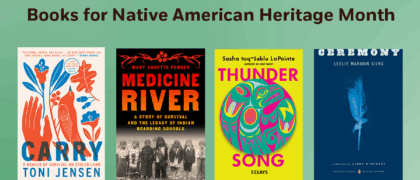Author’s Note xi
Introduction: It Turns into a Different Story xiii
Part 1 The Crossword Should Be Data
Chapter 1 Hello, World 3
Chapter 2 Crosswords for Fun and Profit 33
Chapter 3 The Science of Letters 63
Part 2 The Crossword Should Be a Soapbox
Chapter 4 A Familiar Form of Madness 91
Chapter 5 Except for the Marabar Caves 118
Chapter 6 The Melting Pot of the Crossword 137
Part 3 The Crossword Should Be Art
Chapter 7 Old Possum’s Book of Schrödinger’s Cats 155
Chapter 8 Time Frames 185
Chapter 9 Are You the Frivolity Theatre? 219
Conclusion: Zooming Out 243
Acknowledgments 253
Notes 257
Bibliography 279
Index 293





